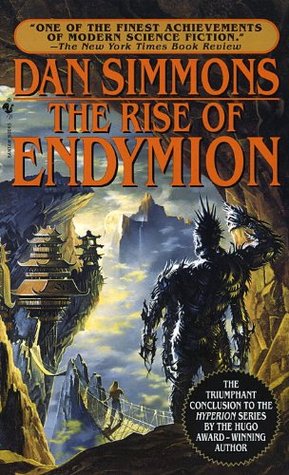More on this book
Community
Kindle Notes & Highlights
“It’s often the smallest things in life that cause us the greatest pain.”
“Religion seems to have always offered us that false duality,” she said, setting her cup of tea on a flat stone. “The silences of infinite space or the cozy comfort of inner certainty.”
To his horror, his spasming bowels were passing wind in a ripple of flatulence.
Plato’s teacher, Socrates, had taught by questioning, drawing out truths that people already held within themselves.
Still, the thought of the essence of things—of people—of life going beyond all images and the power of words, this resonates with me. I have been trying—and failing—to put even the essence of this place, these days, into words and discovering the futility of it.
“I have been discussing with His Highness, Regent Tokra,” he said to us as if we might settle some argument between them, “how amazingly similar our miracle of resurrection is to the age-old Buddhist belief in reincarnation.” “Ahhh,” said the boy on the golden throne, his face brightening as if someone had brought up a subject of interest to him, “but not all Buddhists believe in reincarnation. Even before the migration to T’ien Shan and the great changes in philosophy which have evolved here, not all Buddhist sects accepted the concept of rebirth. We know for a fact that the Buddha refused to
...more
‘There is an unborn, an unoriginated, an unmade, an uncompounded; were there not, there would be no escape from the world of the born, the originated, the made, and the compounded.’
“We come into this world alone, We depart alone, This also is illusion. I will teach you the way Not to come, not to go!”
“All these holy books lie not from intention or failure of expression, but by their very nature of being reduced to words; all the images, precepts, laws, canons, quotations, parables, commandments, koans, zazen, and sermons in these beautiful books ultimately fail by adding only more words between the human being who is seeking and the perception of the Void Which Binds.
Only humankind struggles and fails in becoming what it is. The reasons are many and complex, but all stem from the fact that we have evolved as one of the self-seeing organs of the evolving universe. Can the eye see itself?”
“Increasing diversity and complexity,” said Aenea. “Scientists argued back and forth about these directions for centuries, but there’s no doubt that evolution favors—in the very long run—both these attributes. And of the two, diversity is the more important.”


